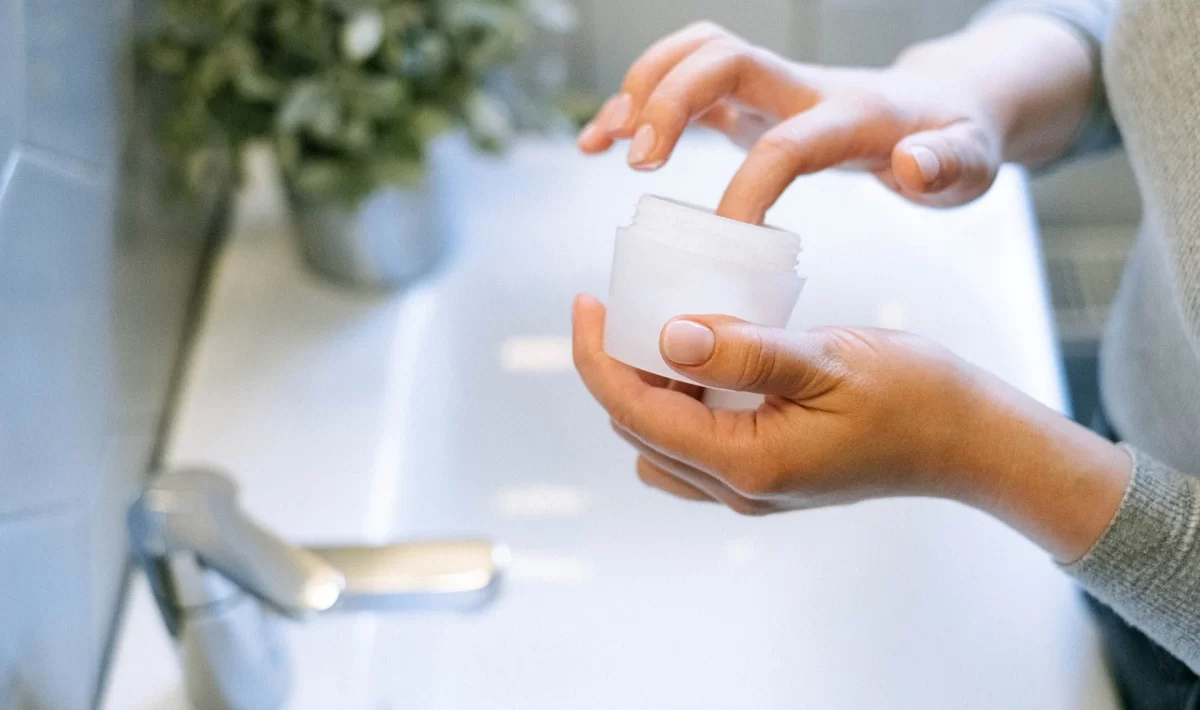Maintaining proper skin health is crucial, especially for individuals who rely on incontinence products. Incontinence, a common condition among various age groups, can lead to discomfort and skin irritation if not managed effectively. This article aims to provide valuable insights and guidance on maintaining hygiene and preventing irritation while using incontinence products. We will explore various tips, recommendations, and FAQs to help you ensure skin health and well-being.
Understanding Incontinence and Its Impact on Skin Health
Incontinence refers to the involuntary loss of urine or feces, and it affects millions of people worldwide. Whether due to medical conditions, age-related factors, or other causes, incontinence can significantly impact an individual’s quality of life. When it comes to skin health, prolonged exposure to urine or feces can lead to irritation, redness, and even infection. Therefore, it is essential to take proactive measures to maintain hygiene and prevent skin-related complications.
Tips for Maintaining Hygiene with Incontinence Products
Choosing the Right Incontinence Product
Selecting the appropriate incontinence product is crucial for maintaining hygiene and preventing skin irritation. Consider the following factors when choosing the right product:
- Absorbency: Ensure the product provides adequate absorbency based on individual needs.
- Fit: Opt for a product that offers a secure and comfortable fit to minimize leakage.
- Material: Look for incontinence products made from breathable materials that reduce the risk of moisture buildup.
Regular Changing and Cleansing
To maintain skin health, it is vital to change incontinence products regularly. Prolonged exposure to urine or feces can lead to skin breakdown and irritation. Follow these steps for proper changing and cleansing:
- Remove the soiled product gently.
- Cleanse the skin with mild, pH-balanced wipes or cleansers.
- Thoroughly dry the skin before applying a fresh incontinence product.
Moisturizing the Skin
Moisturizing the skin is essential to prevent dryness and maintain its natural barrier. Consider using moisturizers specially formulated for sensitive skin. Apply the moisturizer after cleansing and drying the skin.
Preventing Irritation and Promoting Skin Health
Barrier Creams and Ointments
Barrier creams and ointments can help protect the skin from irritation caused by prolonged exposure to urine or feces. These products create a protective barrier on the skin, reducing the risk of irritation and promoting healing. Apply the barrier cream or ointment after cleansing and drying the skin thoroughly.
Proper Hydration and Nutrition
Maintaining overall health plays a vital role in skin health. Ensure proper hydration by drinking an adequate amount of water throughout the day. Additionally, follow a well-balanced diet rich in nutrients to promote healthy skin.
Avoiding Harsh Soaps and Fragrances
When cleansing the skin, it is important to avoid harsh soaps and fragrances. These products can strip the skin of its natural oils and cause further irritation. Opt for mild, fragrance-free cleansers to minimize the risk of skin damage.
Regular Skin Inspections
Regularly inspect the skin for any signs of redness, irritation, or sores. Promptly address any concerns by seeking medical advice. Early detection and intervention can prevent further complications.
Conclusion
Maintaining skin health is essential for individuals using incontinence products. By following the tips and recommendations mentioned in this article, you can effectively manage hygiene, prevent skin irritation, and promote overall well-being. Remember to choose the right incontinence products, practice regular changing and cleansing, moisturize the skin, and take proactive measures to prevent irritation. With proper care and attention, you can maintain optimal skin health while managing incontinence.


